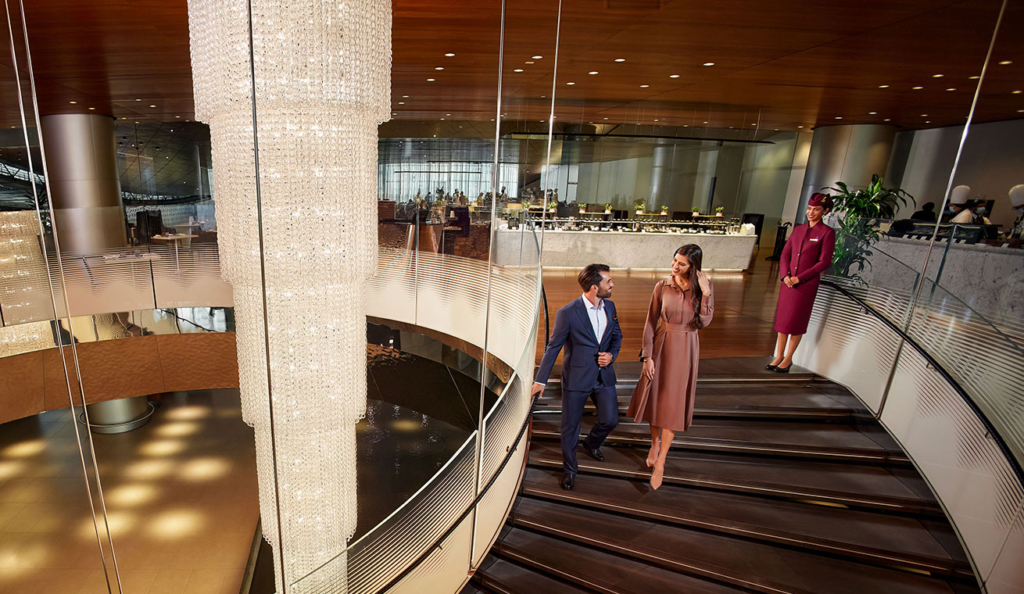Sustainable seafood is making waves in the Gulf region. Across cities like Dubai, Doha, and Muscat, more seafood restaurants are embracing eco-friendly and responsible sourcing practices. These restaurants are not just feeding people—they’re protecting marine life, supporting local fishermen, and transforming the future of food.
This shift is part of a broader global movement, but in the Gulf, it holds a special significance due to the region’s deep-rooted fishing traditions and rich coastal heritage.
What is Sustainable Seafood?
Eco-Friendly, Ethical, and Responsible

Sustainable seafood refers to seafood that is either caught or farmed in ways that consider the long-term health of the species and the oceans. It includes:
- Avoiding overfishing
- Using selective fishing methods
- Supporting local and small-scale fisheries
- Ensuring full traceability from ocean to plate
The Gulf is home to a variety of marine species, many of which have suffered from overfishing and habitat damage. Sustainable seafood practices aim to reverse that trend.
Why the Gulf is Shifting to Sustainable Seafood
Consumer Awareness is Growing
A major factor behind the rise of sustainable seafood restaurants in the Gulf is growing consumer awareness. Diners are increasingly asking questions like:
- Where does this fish come from?
- Is it caught in an eco-friendly way?
- Is this species endangered?
Restaurants are responding by providing honest answers, full traceability, and transparent menus.
Government and NGO Support
Government bodies and non-profit organizations across the Gulf are now encouraging sustainability in fishing and food practices. Initiatives include:
- Sustainable fishing certifications
- Marine protected areas
- Awareness campaigns on endangered species
For example, the UAE Ministry of Climate Change and Environment has implemented seasonal bans on certain fish species during their breeding periods to support fish stock recovery.
Top Gulf Cities Leading the Sustainable Seafood Trend
1. Dubai: Eco-Luxury Dining on the Rise
Dubai, known for its luxury dining, is now also known for eco-conscious menus. Restaurants like Seafood Souq, The Sustainable City Kitchen, and Boca are committed to traceable, sustainable seafood.

These spots work directly with certified suppliers and small-scale local fishermen, ensuring that the seafood served is fresh, traceable, and responsibly sourced.
2. Doha: Balancing Culture and Conservation
Doha is home to several restaurants focusing on sustainable practices. Some fine dining restaurants like IDAM and Al Mourjan have integrated local fish species into their menus and actively educate customers about overfished species to avoid.

3. Muscat: A Coastal City Turning Green
Muscat’s seafood culture is deeply rooted in tradition, but it is evolving. New restaurants such as The Fish Market and Catch22 are combining traditional Omani seafood flavors with modern, eco-friendly sourcing. They use seasonal and responsibly sourced fish to preserve marine biodiversity.

Challenges Faced by Restaurants Adopting Sustainability
Limited Supply of Certified Seafood
While demand is rising, the supply of certified sustainable seafood in the Gulf is still limited. Restaurants must either import certified seafood or build direct relationships with trusted local fishers.
Higher Costs
Sustainable sourcing is often more expensive. Restaurants have to invest in supply chain transparency and sometimes pass on higher prices to customers. However, many customers are willing to pay more for food that supports ocean health.
How Sustainable Seafood is Changing Customer Expectations
Menus with Purpose
Today’s diners expect more than just good taste. They want meals that align with their values. Sustainable seafood restaurants are now:
- Labelling sustainable species clearly
- Removing overfished species from menus
- Offering seasonal catch menus
- Providing QR codes for sourcing information
What the Future Holds
Technology and Innovation in Sourcing
Digital platforms are helping Gulf restaurants connect with sustainable suppliers. For example, Seafood Souq, a UAE-based company, offers traceable seafood supply solutions for restaurants across the region.
Training for Chefs and Staff
Restaurants are investing in training chefs to use alternative seafood species and adopt sustainable cooking practices. This also includes educating the serving staff to explain sourcing and sustainability to customers confidently.
Sustainability as a Marketing Edge
Being sustainable is now a selling point. Many seafood restaurants in the Gulf use their commitment to the ocean as a key part of their branding. It helps build customer trust and loyalty, especially among younger, environmentally conscious diners.
Conclusion: A Tasty Revolution in the Gulf
The rise of sustainable seafood restaurants in the Gulf is not just a trend—it’s a necessary and welcome shift. With climate change, overfishing, and marine pollution on the rise, Gulf countries have an opportunity to lead by example.
Restaurants, chefs, and diners are all playing a role in this movement, showing that sustainability and delicious food can go hand in hand.
The future of seafood in the Gulf is looking greener, healthier, and more responsible than ever.
read more- Gulf Cuisine 2025: 10 Powerful Ways It’s Changing with Global Flavors



